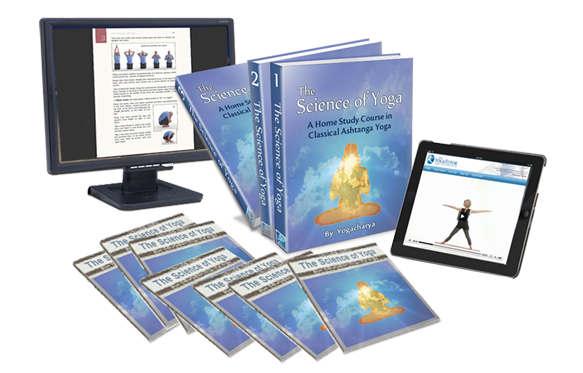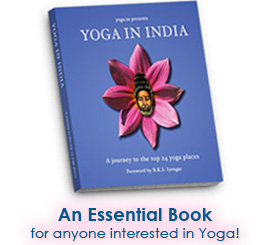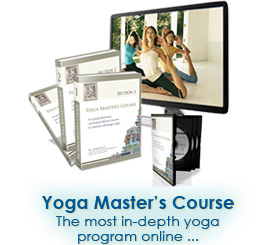[ Excerpt from The Science of Yoga, page 365 ]
The pancha klesha (5 afflictions) are said to exist in various forms. The first is an attenuated state (tanu), where the klesha is not sufficiently strong to disturb one's peace of mind, yet it is still present to some degree or another within the sub-consciousness.
This form may not agitate the mind to such a degree where it is unable to relax or to attain certain clarities of thought and understanding, but its influence is exerted upon the general behaviours and attitudes of the person. The perception of such a klesha is often more difficult and necessitates deep introspection and self-analysis. For instance, this person may not feel raga (attachment) to such an extent where they have constant worry or anxiety about their material possessions, but if a sudden loss should occur, a painful emotion of one degree or another will arise.
Vicchinna is the second state which is characterized by temporary repression of the psychological disposition. This is not repressed in the psycho-analytic sense of being buried deep within the subconscious. The vicchinnaklesha is merely inactive for a time, but may be aroused in a very sudden moment under the right influence. For instance, a person may be in situation where everything is 'coming up roses' so-to-speak, or where everything in life seems to be going well in terms of easily receiving everything that one desires, etc, etc.
Here the kleshas in no way have been eradicated, but they have merely been forgotten for a time while one is distracted within their affluence. Yet if a sudden change of fortune should happen (i.e., a stock market crash), then the klesha is suddenly and sometimes forcefully aroused (remembered). This is the classic story of the person who loses everything when the stock market crashes and then jumps out of a 50-story window!
The typical form of the kleshas is udara, or the aroused state. This aroused state, however, varies in form from one person to the next. Some live in constant anxiety and fear of death, or worry over their health or the security of their material possessions, job, image, etc; -- to the point where they are always ill or mentally and emotionally unstable.
Others may only feel a sense of low grade anxiety and stress, without ever really attributing it to the cause, which is the fear of death, or fear of loss of material comforts, etc. These people most often will feel a rise in worry and anxiety if they are forced to think about these things, and therefore live, as most in today's world do, in denial and avoidance of deep examination of their mind and attitudes.
The behaviours which arise from the pancha kleshas can be avoided through dhyana (meditation), which itself is preceded by the awareness and insight gained through svadhyaya, or deep self-examination. Both of these things we will explore later in this course...
[Continued...]
---------------------
NOTE: This yoga article is an excerpt from The Science of Yoga, an online yoga training program with streaming yoga videos and 600 pages of step-by-step yoga instruction.

"The Science of Yoga is a course worthy of
leather binding and an honored place in the
finest libraries in the world
... It is indeed a masterful work."
Dr. John Michael Christian
AwakeningWithYoga.com
Learn More About
The Science of Yoga Course
|






